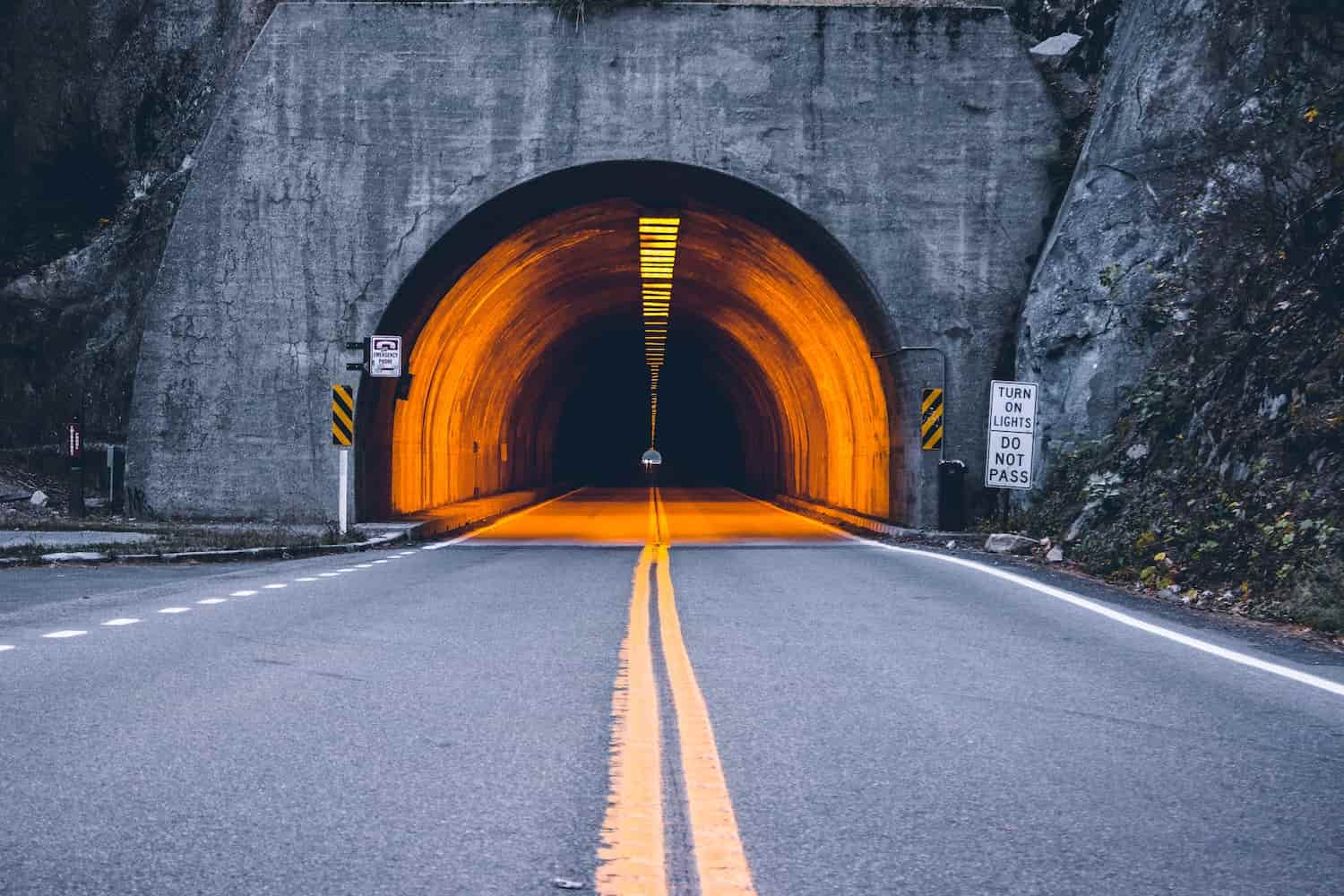Mumbai Launches ‘Paatal Lok’ Tunnel Network to Ease Traffic Woes
Related Articles
Russia Offers To Pause Airstrikes If Ukraine Holds Presidential Election
Russia has indicated it would suspend airstrikes on Ukraine on the day presidential elections are held, signalling a conditional pause in hostilities amid ongoing...
India AI Impact Summit: PM Modi आज करेंगे उद्घाटन, जानिए ट्रैफिक, एजेंडा और शेड्यूल
इंडिया एआई इम्पैक्ट एक्सपो 2026 में अंतरराष्ट्रीय प्रतिभागियों के साथ 25 लाख से अधिक आगंतुकों के आने की उम्मीद है। यह समिट न केवल...
Odisha Police Target Cybercrime Funding Network, 73 Benami Accounts Under Scanner
Odisha Police have intensified their fight against cyber crime through a special drive titled Operation Cyber Kabuch, focusing on dismantling the financial channels used...


